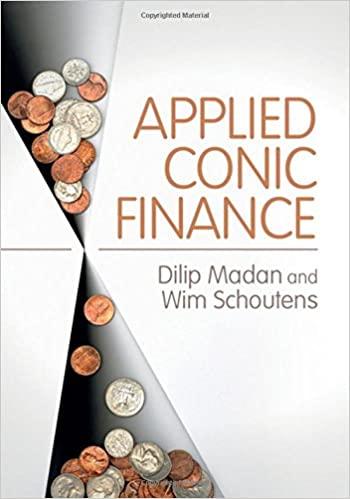Suppose, as part of an active monetary policy, the Federal Reserve sells government and other securities from its existing portfolio holdings to the banking and
Suppose, as part of an active monetary policy, the Federal Reserve sells government and other securities from its existing portfolio holdings to the banking and financial sectors and the non-bank public. Suppose also that the banking sector is fully loaned up, meaning that it is holding no excess reserves. Trace through the expected consequences of this secondary market action on the banking system - reserves, loanable and investable funds, and deposits; financial markets - bond and stock prices, and interest rates; inflationary pressures; credit-sensitive spending; and the general state of the economy as measured by real GDP (or real income) and unemployment. Under what circumstances would the Federal Reserve do this?
Step by Step Solution
There are 3 Steps involved in it
Step: 1

See step-by-step solutions with expert insights and AI powered tools for academic success
Step: 2

Step: 3

Ace Your Homework with AI
Get the answers you need in no time with our AI-driven, step-by-step assistance
Get Started


